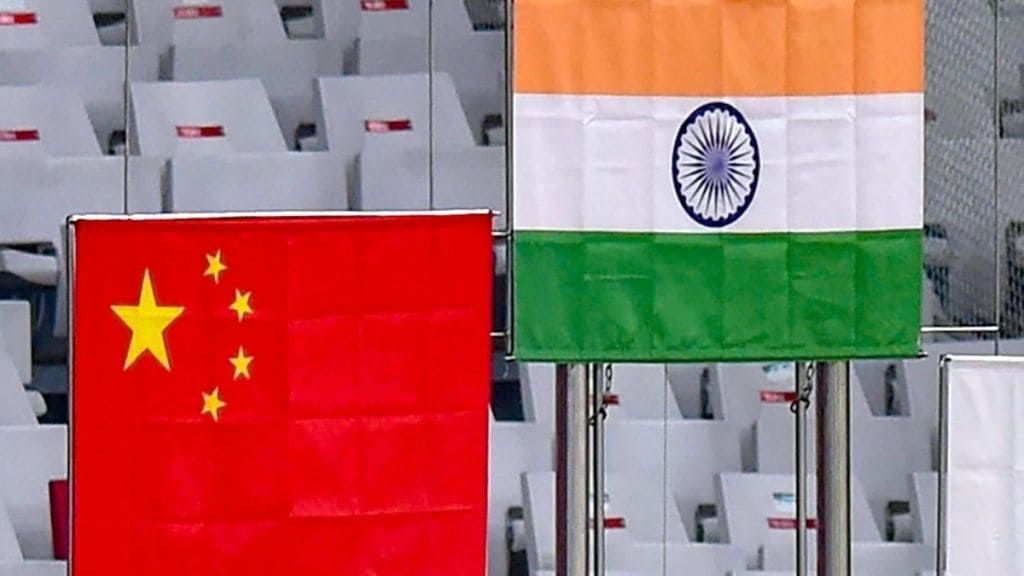All three flagship schemes to encourage manufacturing of electric vehicles (EVs) and support renewable energy (RE) expansion in India have been challenged by China at the World Trade Organisation (WTO). Beijing alleged that these schemes are discriminatory against Chinese products and violate various multilateral agreements.
China has challenged the Production Linked Incentive (PLI) schemes for auto and auto components, Advance Cell Chemistry (ACC) battery storage and the scheme to promote manufacturing of electric passenger cars in India.
The Chinese delegation at the WTO had communicated to the Indian side seeking consultations on the schemes to promote EVs and RE on October 15. On Monday, all members were notified about the dispute, sources said. Technically other WTO member countries too can join the dispute.
The request for consultations is the first step in the dispute resolution mechanism of the WTO and formally initiates the process. Consultations give the parties an opportunity to discuss the matter and to find a satisfactory solution without proceeding further with litigation. After 60 days, if consultations have failed to resolve the dispute, the complainant may request adjudication by a panel. The panel typically takes up to six to nine months to submit its findings, parties can appeal against the panel’s findings.
Even if the dispute goes to the panel and India gets an adverse ruling, its EV support programmes will be safe as the WTO’s dispute settlement is not functioning fully, experts said. As the appellate body is non-functional since December 2019, almost all disputes end in a limbo.
The EV Passenger Cars Scheme was announced in March 2024 to attract global EV manufacturing investment in India. It allows imports of a limited number of cars at reduced customs duties of 15% provided applicants establish manufacturing facilities in India within three years of approval with a minimum investment of Rs 4,150 crore.
The PLI ACC Scheme targets the establishment of a cumulative domestic manufacturing capacity of 50 gigawatt-hours (“GWh”) for ACC batteries, with an additional 5 GWh reserved for niche, higherperformance ACC technologies with a minimum threshold capacity of 500 mega-watt hours.
Further, 10 GWh capacity has been earmarked for Grid Scale Stationary Storage (GSSS) applications. GSSS helps in integrating renewable energy (RE) with regular grid storing excess energy, balancing and grid stability and providing flexibility of power systems.
The PLI auto scheme has two components, the Champion OEM Incentive Scheme that Advanced Automotive Technology (ATT), including battery electric vehicles, hydrogen fuel cell vehicles and other technologies. The Component Champion Incentive Scheme supports manufacturers of advanced automotive technology components.
China is of the view the schemes are contingent on the use of domestic over imported inputs or are otherwise discriminatory against Chinese products and are inconsistent with various provisions under the Agreement on Subsidies and Countervailing Measures, the Agreement on Trade-Related Investment Measures, and the General Agreement on Tariffs and Trade 1994, according to a statement by the WTO.


